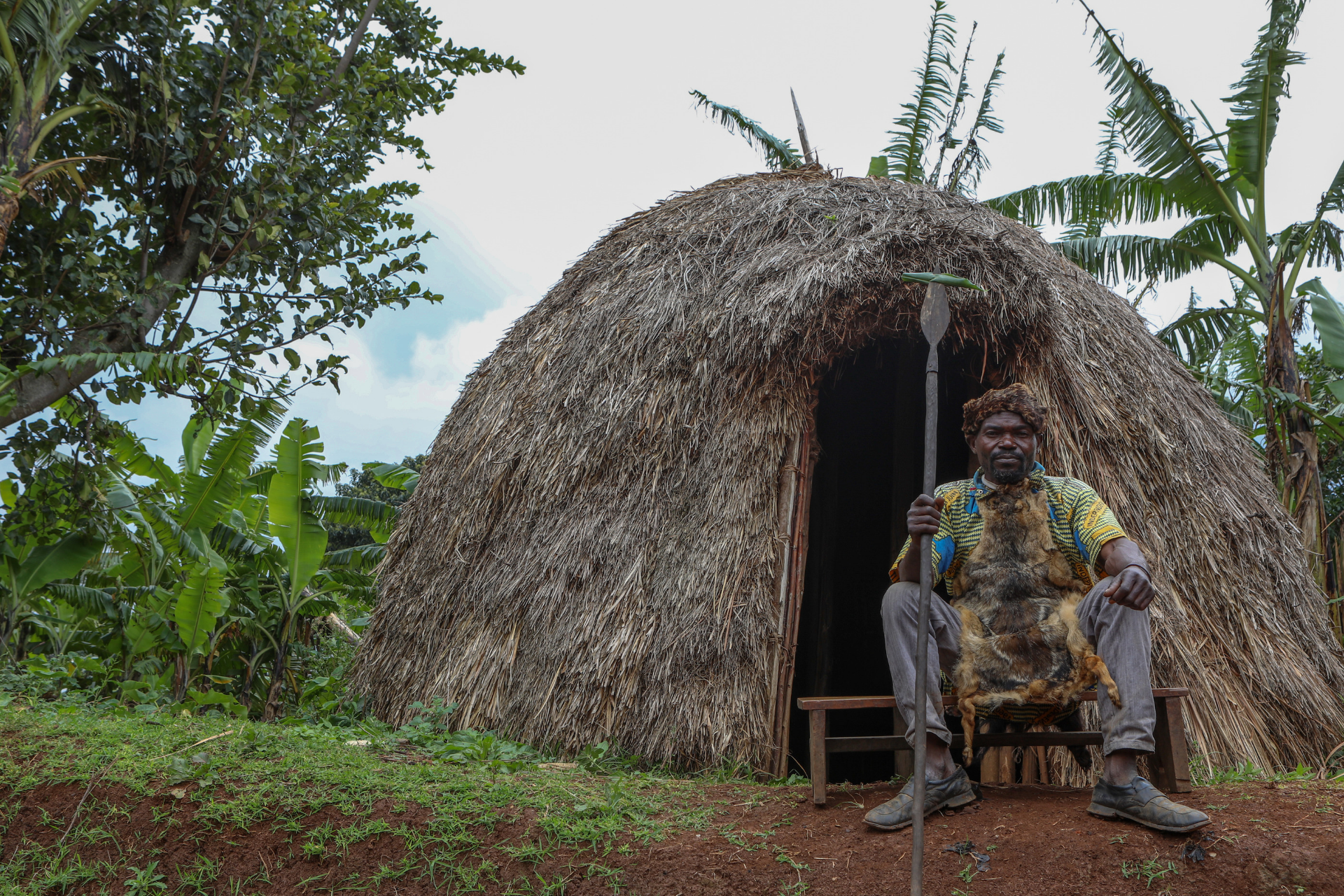
“I am the Lorax who speaks for the trees, which you seem to be chopping as fast as you please!”
― Dr. Seuss, The Lorax
Earlier this month, a new study revealed the “mind-blowing potential” of widespread tree planting as a solution to the climate crisis. The study found that adding 1 billion hectares of forest could remove two-thirds of the 300 gigatons of carbon humans have emitted into the atmosphere since the 1800s.
This is great news, providing extra incentive to grassroots activists already working to protect and restore our world’s forests.
Around the globe, resource extraction, land grabbing, and privatization have led to unprecedented deforestation, threatening the lives of communities who depend on the forests, as well as the future of our shared planet.
Replanting these diminishing forests has the power to help us avert a global crisis. Additionally, we must protect the existing trees – as well as the people who depend on them for survival.
Meet three grantees who are doing just that:
Canada: Indigenous activists and Global Greengrants grantees celebrated a huge victory when a landmark deal protected 9.1 million acres of temperate rainforest on the Pacific coast of British Colombia. That’s half the size of Ireland, over twice the size of Belize, and 9,100,000 football fields protected from mining and timber companies.
Papua New Guinea: Women in Papua New Guinea mobilized hundreds of people to restore a mangrove forest along the coast, and they launched an awareness campaign on why mangroves are a critical tool to protect the community against climate change. They used two grants to purchase 500 mangrove saplings, ultimately restoring the entire forest.
Democratic Republic of the Congo: Indigenous Pygmy Peoples in Central Africa have been working to protect other Indigenous communities from forced evacuations, stop destructive logging and mining in their forest, promote political education about land rights, and build self-sufficiency through sustainable agriculture. When the government tried to evict communities living in the Itombwe Forest, our grantees pressured the government to consider the rights of Indigenous Peoples – ultimately allowing them to stay on their land.
Stand with us as we support those who speak for the trees.
Photo credit: Project Survival Media
